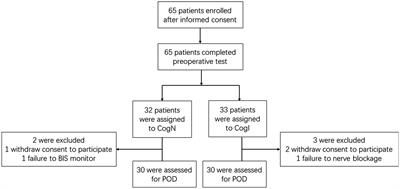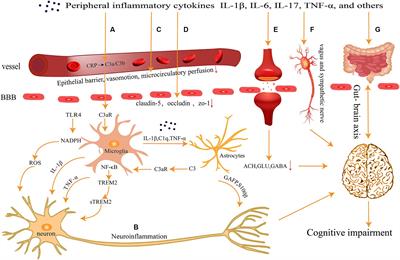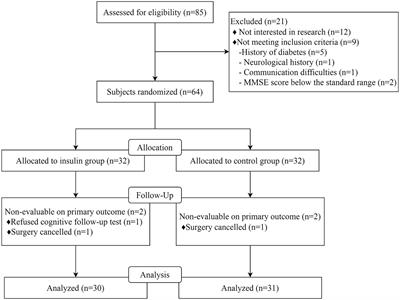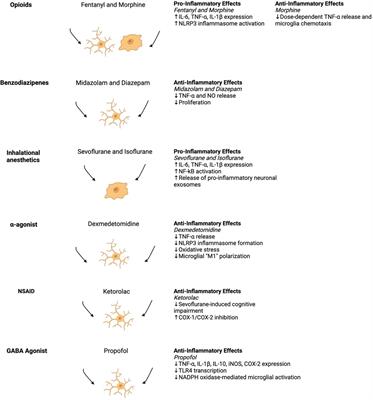ORIGINAL RESEARCH
Published on 09 Jul 2024
Potential increased propofol sensitivity in cognitively impaired elderly: a controlled, double-blind study

doi 10.3389/fnagi.2024.1410181
- 658 views
- 1 citation
1,992
Total downloads
8,407
Total views and downloads
ORIGINAL RESEARCH
Published on 09 Jul 2024

REVIEW
Published on 03 Jul 2024

ORIGINAL RESEARCH
Published on 10 Jun 2024

REVIEW
Published on 27 Feb 2024
